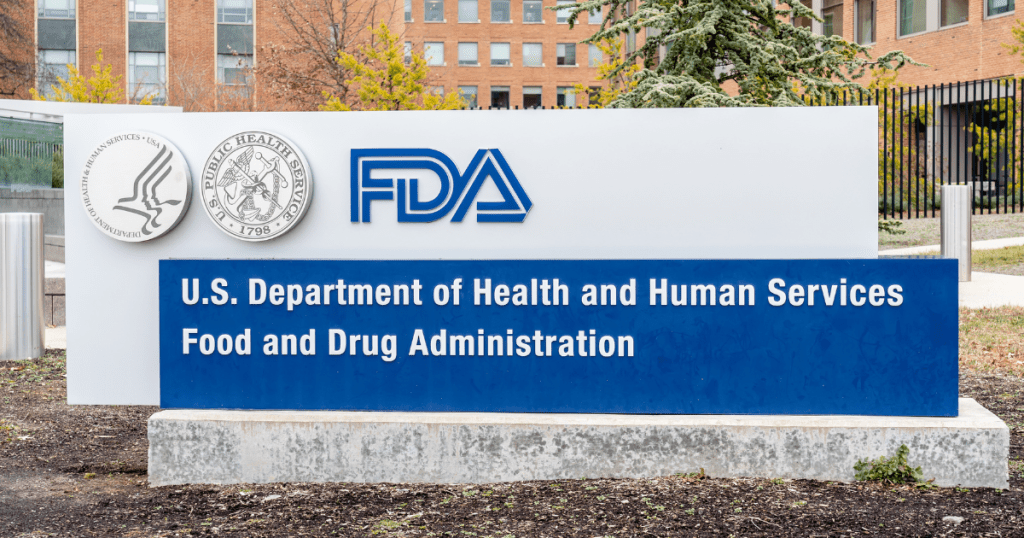FDA Warning Letters for Skin Tag and Mole Removal OTCs

By Alvin Lorman, AAHP Counsel
The Food and Drug Administration (FDA) has reminded two OTC drug manufacturers that mole and skin tag removal are prescription-only indications. The agency issued Warning Letters on Aug. 4, 2022, to Ariella Naturals and Justified Laboratories for selling products for skin tag removal on their websites. And in a move that could significantly change the enforcement picture for online sales, FDA also sent a Warning Letter to Amazon’s CEO, citing the sale of two such products. (The marketer of one of those products also received a Warning Letter, while the other did not.)
FDA has long been concerned that OTC products for mole and skin tag removal could encourage consumers not to see a physician for potential skin cancer. In a consumer update issued Aug.9, 2022, FDA said that:
The FDA is advising consumers to avoid these products because of their potentially harmful side effects and serious risks. These risks include skin injuries, infection requiring antibiotics, scarring, and delayed skin cancer diagnosis and treatment. In fact, the FDA has received reports about people who developed permanent skin injuries and infections after using products marketed as mole or skin tag removers….
Most moles, seborrheic keratoses, and skin tags are not cancerous. But sometimes, skin cancer can look harmless. Melanoma is one type of skin cancer that is particularly dangerous and can spread if not caught early.
If a mole or skin tag is growing, changing, bleeding, or is painful, you should seek medical attention. Do not treat the skin issue yourself. If you remove it or change how it looks, health care providers may have a harder time determining if it is skin cancer and coming up with an effective treatment plan. If a skin cancer is not fully removed, it may continue to grow and possibly spread to other parts of your body.
In its Warning Letter to Amazon, FDA said that it had purchased two mole and skin tag removal products on amazon.com and that the sale of those products was illegal as they are unapproved new drugs. This appears to be the first time Amazon has received a Warning Letter for the sale of an unapproved new drug. FDA ordinarily sends such Warning Letters to the marketers or manufacturers of the products. It is unclear why the manufacturer of one of the products cited in the Amazon letter did not receive a Warning Letter as well. Two of the products cited by FDA are no longer available on amazon.com, while the third, and many other similar products, are. Should Amazon respond to FDA’s warning by changing the process it uses to vet products, significant changes in online marketing of OTC products may be in store.
